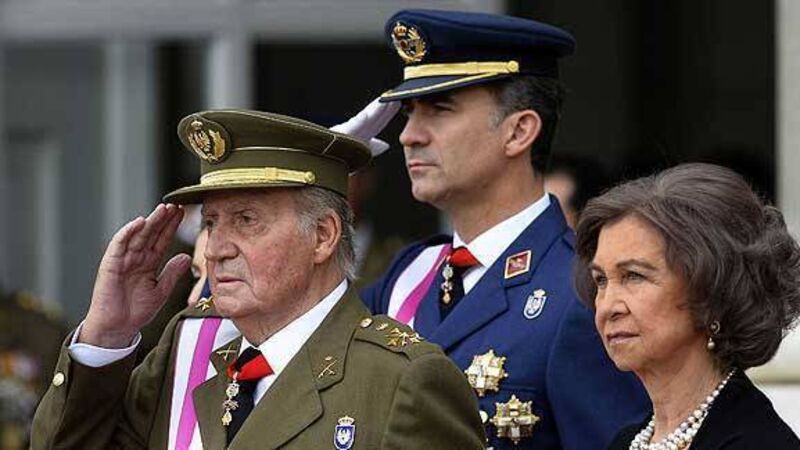King’s son ‘will open a new era of hope’

While the monarchy is largely symbolic, Juan Carlos’ surprise decision may hold implications for a burning Spanish issue: the fate of wealthy Catalonia, which is to hold a secession referendum this autumn.
Abdication in favour of Crown Prince Felipe is expected to bring constitutional revisions to guarantee the new king’s daughter will succeed him. That could create momentum for further constitutional changes aimed at easing Catalan secessionist fervour, analysts say.














